Lester Pearson’s hope for a Canadian republic .. after the fall of France in 1940
Nov 13th, 2013 | By Randall White | Category: Canadian RepublicRemembrance Day 2013 – the day before yesterday – is still somewhat on my mind. And I am remembering that the fall of France in June 1940 had a brief dramatic impact across the sea in Canada.
As the historian Arthur Lower explained in his old textbook Colony to Nation : “When the fall of France made the possibility of the fall of England very real, strange currents began to course through English Canada … The children saw the death of a dear parent approaching and for the first time looked at life through their own eyes.”
In June 1940 the 34-year-old Charles Ritchie from Nova Scotia was working at the Office of the High Commissioner for Canada in London, England. And he was keeping a professional diary that would finally be published in 1974. One of Ritchie’s more senior colleagues was the 43-year-old Lester “Mike” Pearson from Ontario, who would later serve as prime minister of Canada (1963—1968).
The initial reaction to the fall of France at the Office of the High Commissioner was much like the reaction that Arthur Lower would later describe in English Canada.
German forces had launched a major offensive on Paris on June 9, 1940. On June 13 the French government fled from Paris to Bordeaux. The first German soldiers entered the French capital on June 14. The final surrender of France would not come until June 22. But by the middle of the month the writing on the wall was clear.
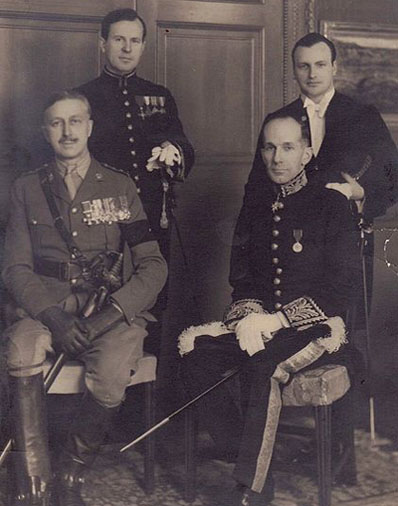
At the the Office of the High Commissioner for Canada in London, England, January 1, 1938. Front row : Georges Vanier (l), Vincent Massey (r) ; back row : Lester “Mike” Pearson (l) ; John Ross McLean (r).
The entry for June 17, 1940 in Charles Ritchie’s Canadian diary in London reads : “The French have declared that organized resistance is at an end and the French Government have asked the British Government if with their approval they may sue for an armistice.”
Ritchie also noted that “whatever the odds,” the United Kingdom of Great Britain was “not prepared to surrender.” Yet, being realistic (and underlining the apparent overwhelming German military superiority at the time), he speculated that if “after three months of total war this country cannot take it,” then even Great Britain may have to “make peace as France is doing now.”
Then Ritchie added : “Mike Pearson says, ‘If this country makes peace I hope Canada will become a republic and that would be the end of this business of our duty to the Empire.’”
* * * *
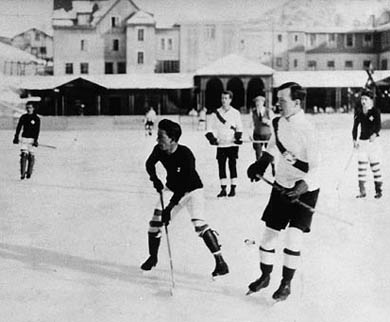
Lester Pearson (right front) playing hockey for Oxford University in game against Switzerland, early 1920s.
As things finally happened, of course, the island kingdom of Great Britain, protected by a sea-ditch, did not have to make peace with Adolf Hitler. And as Arthur Lower would later explain in his postwar Canadian history textbook : “The moment passed ; the parent recovered ; English Canadians slid easily back into the attitudes of children.”
Lester Pearson never did live to see Canada become a republic at last. He did, however, help move Canadian political adulthood ahead, with the adoption of the independent maple leaf flag on February 15, 1965.
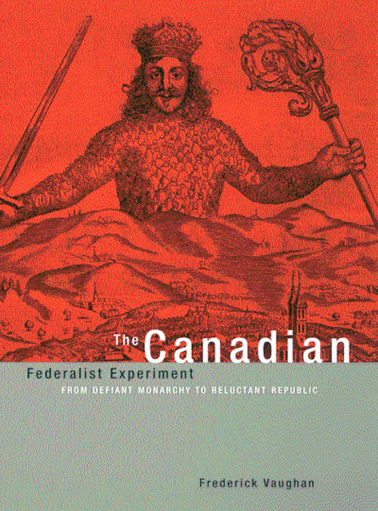 Prime Minister Pearson in the 1960s helped set other forces in motion as well, that would finally lead to the Constitution Act, 1982 and the “patriation” of Canada’s Constitution from the United Kingdom, under Pierre Trudeau’s last government.
Prime Minister Pearson in the 1960s helped set other forces in motion as well, that would finally lead to the Constitution Act, 1982 and the “patriation” of Canada’s Constitution from the United Kingdom, under Pierre Trudeau’s last government.
And according to the now retired University of Guelph political scientist Frederick Vaughan (who has also taught at the Royal Military College in Kingston), the Canadian Charter of Rights and Freedoms in the Constitution Act, 1982 “is based upon republican principles. It is the closest Canadians have ever come to a document that affirms the rights of the people.”
Professor Vaughan goes on (in The Canadian Federalist Experiment, published in 2003) : “With the Charter, Canada began a new life as a nation, a republican nation.”
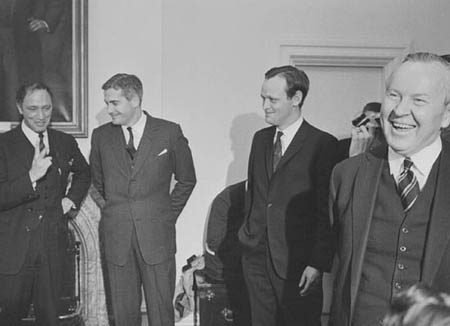
Lester Pearson (r) and three of his cabinet ministers (l to r) : Pierre Trudeau, John Turner, Jean Chretien. Ottawa, April 4, 1967.
The current federal government in Ottawa has tried to turn back the clock on all this. There has been a quiet demonization of Canada today as – in practice if still not quite in theory – a “republican nation” based on”republican principles.” Lester Pearson’s June 1940 hope that “Canada will become a republic” has been redacted from the official historical record.
The 20th century has nonetheless shown that you can only turn back the clock on real history for so long. What the Osgoode Hall law professor Brian Slattery calls “the long process of decolonization that Canada has undergone since 1867” is still alive and kicking.
Opinion polls in the early 21st century have recurrently shown that many Canadians today share Mike Pearson’s hope of June 1940. As we ponder the rising tide of dysfunction in our public life, his aspirations for political adulthood remain a bright beacon in our increasingly interesting home and native land, looking at life more and more through its own eyes.
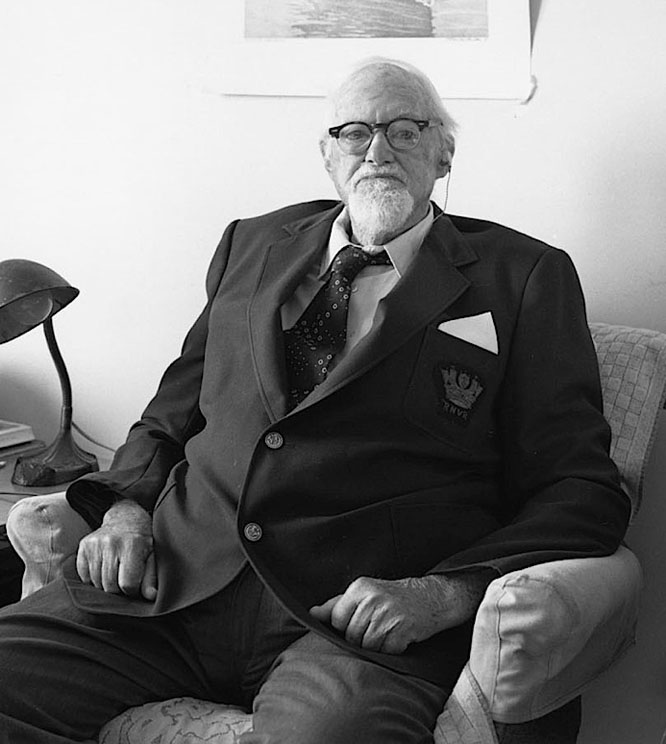
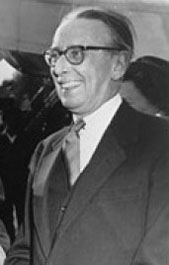


[…] some further detail on Lester Pearson and the journey to full independence, see Lester Pearson’s hope for a Canadian republic .. after the fall of France in 1940.) British monarchy in Canada Justin Trudeau and monarchy Lester Pearson and republic Tony […]